
Introduction course
The best way to get familiar with our approach to Philosophy is to take our Introduction Course: Philosophies of the East and the West. This course provides not only the opportunity to think more deeply about some of the most fundamental questions that matter to all of us but also tools to impact and enrich our every daily life, in all its aspects. Classes run each week for 2 hours for 15 to 16 weeks.
Visit a center in your town!
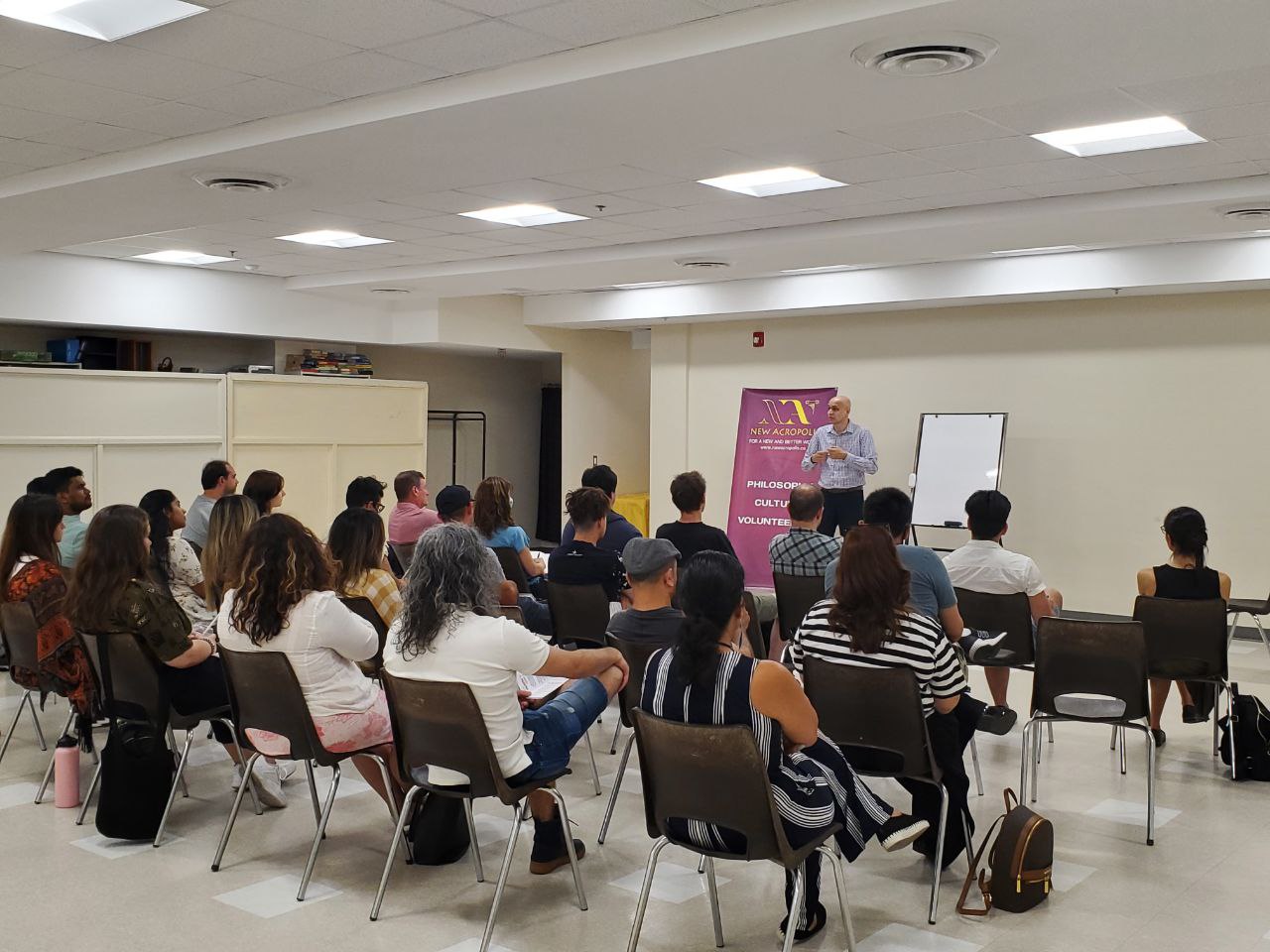 Topics Include
Topics Include
| Theme I: Human Being in the Face of Oneself | |
|
The Enigma of Life
- The Human Being in the face of the questions of life - Harmony between the mind and the heart - The foundations of a universal ethics. The concepts of ethics and morality. - Observing the order and harmony of the universe. Evolution. - The planes and dimensions of the universe.. |
|
|
Millennial India
- The Bhagavad Gita: the awakening of consciousness and the inner battle - The human being in the face of destiny: concepts of Dharma and Karma - The human being in the face of death: the theory of reincarnation |
|
|
Buddhism
- The life and teachings of the Buddha. The Dhammapada. - The human being in the face of suffering and pain - Mental serenity and inner peace - The projection of our thoughts in the invisible world. The power of optimistic thinking |
|
|
The Wisdom of Tibet
- Ancient Tibetan texts: "The Voice of the Silence"; "The Book of Golden Precepts" - Traditions of the Masters of Wisdom - The discipular systems of Antiquity and their role in the development of human qualities |
|
| Theme II: Social Dimension of Human Beings | |
|
China
- Confucius, his life and thought - Ethics and politics, ethics as the foundation of social order - The qualities of good government and the pillars of lasting peace |
|
|
Egypt
- lnitiatic mysteries in the ethical realization of the individual - Science, Art and Magic in Egypt - Texts and teachings of the first dynasties |
|
|
Platonic Tradition
- The Platonic ideal of the human being and the world: the Just, the Good, the Beautiful, the True - The Platonic conception of the individual - Education and integral training of the Human Being - The symbolism of the Myth of the Cave. Freedom and knowledge. - Morality as the foundation of social law and political duty |
|
|
Rome and the Citizens of the World
- Stoic philosophy: Epictetus, Marcus Aurelius, Seneca - Courage and strength in the face of adversity - Power over oneself: Will, Love, Intelligence - Inner freedom and the art of making decisions |
|
|
Theme III : Human Being in the face of History
- The philosophy and logic of history - The meaning of history and mythology - The theory of eternal return and historical cycles - Humanity in the face of destiny: determinism or freedom? - The current crisis and our future in new civilizing forms |
|
|
Practical Exercises
Throughout the course, there will be exercises useful in developing our natural faculties such as attention, concentration, memory, imagination, the control of emotional processes, etc., drawn from the traditions and themes covered. |

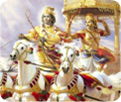
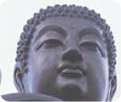
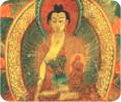
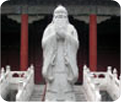
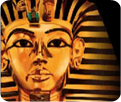
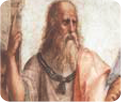
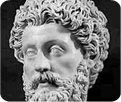
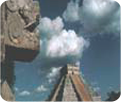

| Theme I: Human Being in the Face of Oneself | |
|
The Enigma of Life - The Human Being in the face of the questions of life - Harmony between the mind and the heart - The foundations of a universal ethics. The concepts of ethics and morality. - Observing the order and harmony of the universe. Evolution. - The planes and dimensions of the universe.. |
|
|
Millennial India
- The Bhagavad Gita: the awakening of consciousness and the inner battle - The human being in the face of destiny: concepts of Dharma and Karma - The human being in the face of death: the theory of reincarnation |
|
|
Buddhism
- The life and teachings of the Buddha. The Dhammapada. - The human being in the face of suffering and pain - Mental serenity and inner peace - The projection of our thoughts in the invisible world. The power of optimistic thinking |
|
|
The Wisdom of Tibet - Ancient Tibetan texts: "The Voice of the Silence"; "The Book of Golden Precepts" - Traditions of the Masters of Wisdom - The discipular systems of Antiquity and their role in the development of human qualities |
|
| Theme II: Social Dimension of Human Beings | |
|
China
- Confucius, his life and thought - Ethics and politics, ethics as the foundation of social order - The qualities of good government and the pillars of lasting peace |
|
|
Egypt
- lnitiatic mysteries in the ethical realization of the individual - Science, Art and Magic in Egypt - Texts and teachings of the first dynasties |
|
|
Platonic Tradition - The Platonic ideal of the human being and the world: the Just, the Good, the Beautiful, the True - The Platonic conception of the individual - Education and integral training of the Human Being - The symbolism of the Myth of the Cave. Freedom and knowledge. - Morality as the foundation of social law and political duty |
|
|
Rome and the Citizens of the World
- Stoic philosophy: Epictetus, Marcus Aurelius, Seneca - Courage and strength in the face of adversity - Power over oneself: Will, Love, Intelligence - Inner freedom and the art of making decisions |
|
|
Theme III : Human Being in the face of History
- The philosophy and logic of history - The meaning of history and mythology - The theory of eternal return and historical cycles - Humanity in the face of destiny: determinism or freedom? - The current crisis and our future in new civilizing forms |
|
|
Practical Exercises Throughout the course, there will be exercises useful in developing our natural faculties such as attention, concentration, memory, imagination, the control of emotional processes, etc., drawn from the traditions and themes covered. |










Introduction to the cycle of philosophy workshops.
Dare to discover Eastern and Western philosophies. The great philosophers and sages have left teachings to help us live better, to face the challenges of our lives, and the instabilities of current times.
Among the fundamental questions: Who am I? What is the meaning of life ? Where do we come from and where are we going? In this introductory evening, we will also talk about freedom, justice, crises, the future and so many subjects that affect and concern us.
Let yourself be inspired and meet a world that will surprise you, because you will be able to know yourself better, discover your values, your inner strengths, and therefore the best of you to give meaning to life, meaning to your life.
